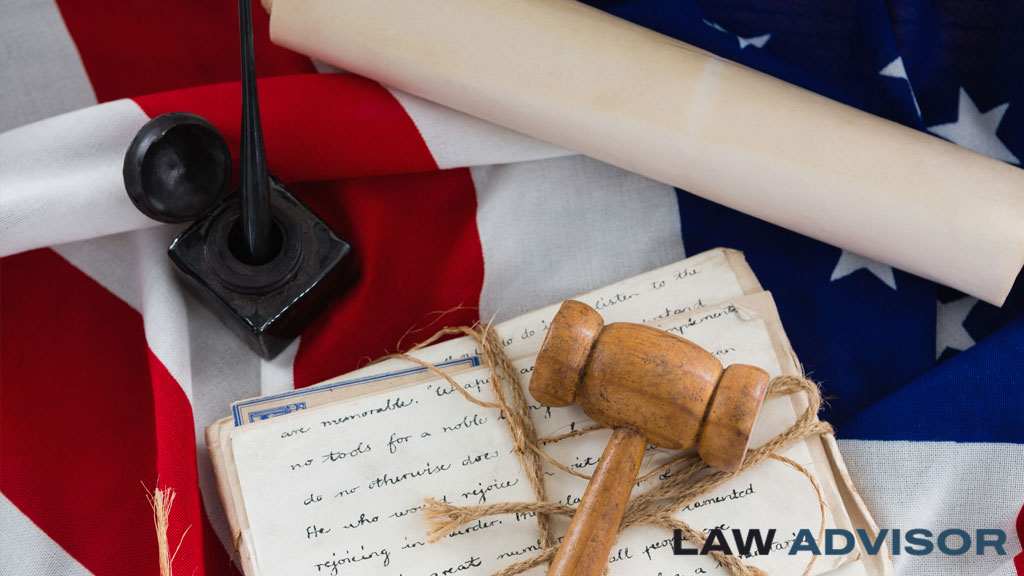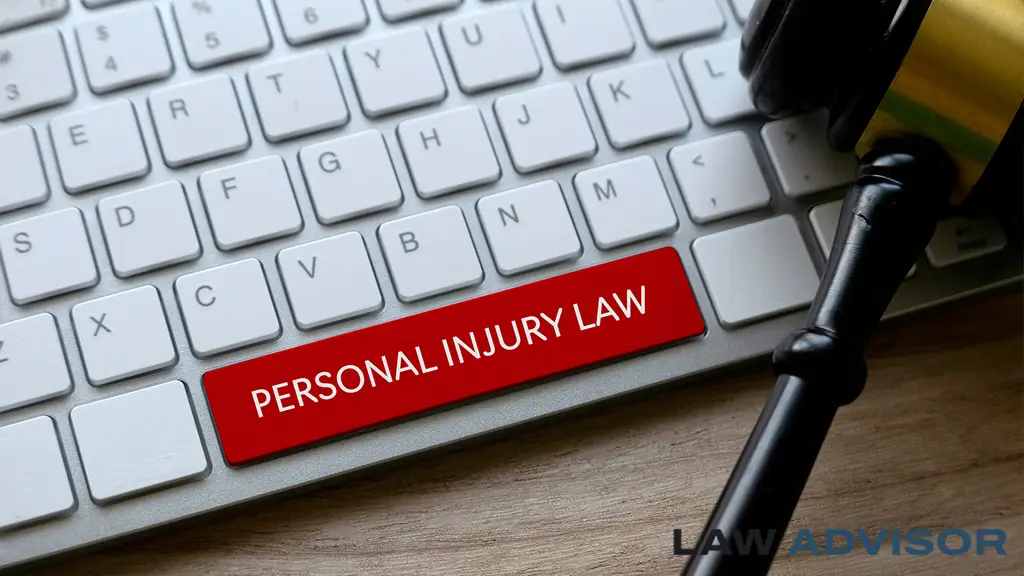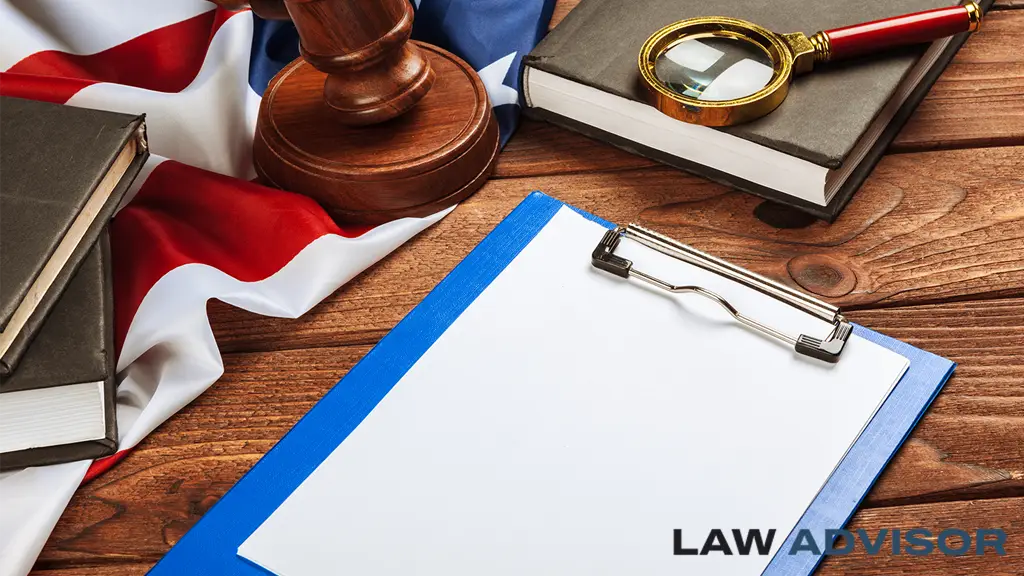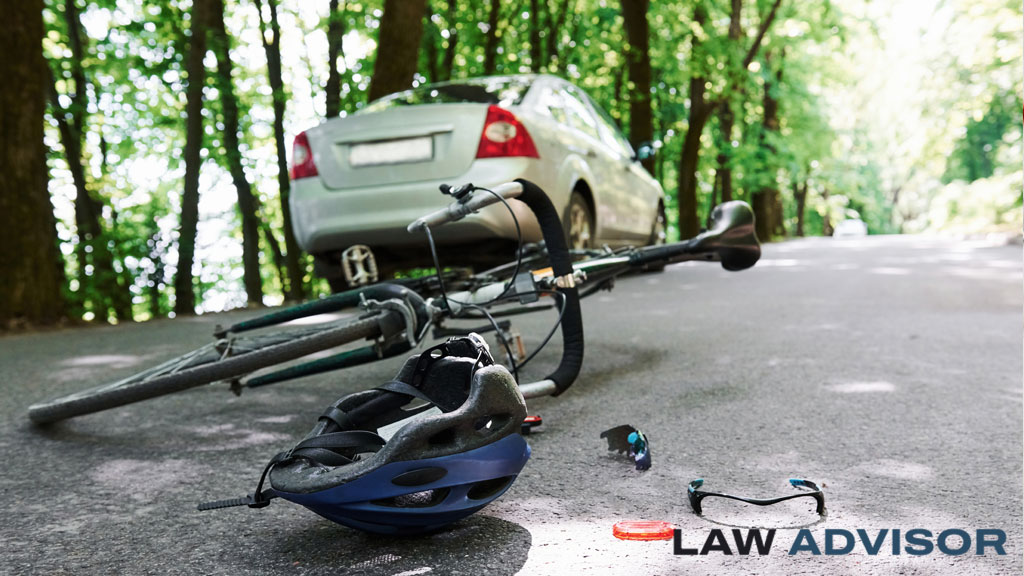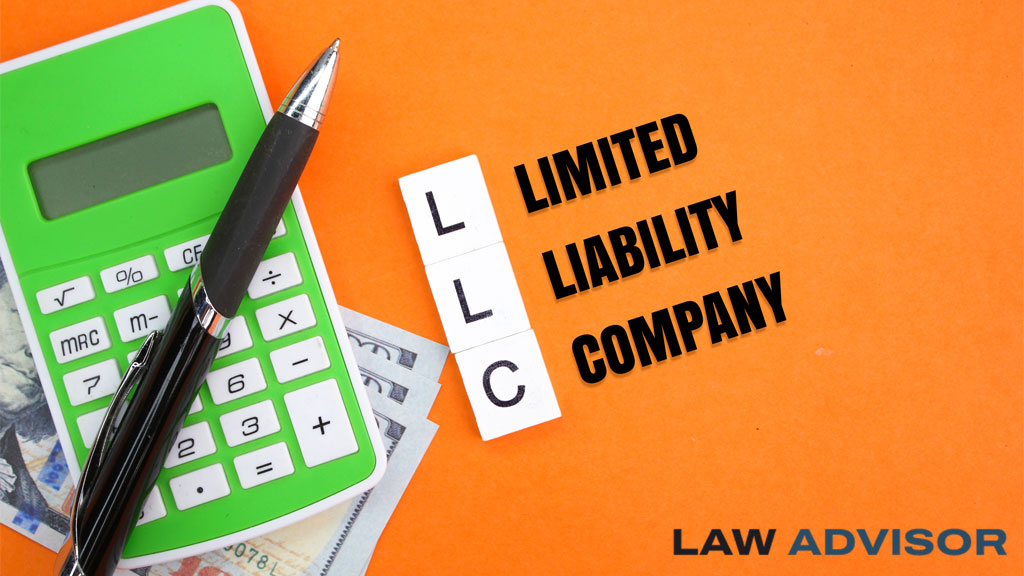You’ve seen it in crime dramas: a suspect in a dimly lit room, an officer playing “good cop,” dropping hints, promises, or even threats. But here’s the question:
Can the police legally lie to you during an interrogation?
The answer might surprise you—and it’s something everyone should understand, whether you’re a suspect, a witness, or just a citizen who cares about your rights.
In this article, we’ll uncover the truth about police deception, your rights during questioning, and what you should do if you’re ever brought into an interrogation room.
⚖️ Yes—Police Can Lie to You Legally
In the U.S., police are legally allowed to lie during interrogations. Courts have ruled that deceptive tactics are permissible—within certain limits—as long as they don’t violate your constitutional rights.
Some common legal lies include:
- Saying they have evidence they don’t (e.g., “We found your fingerprints”)
- Claiming a co-defendant has already confessed
- Telling you that you’ll face less punishment if you “just tell the truth”
- Pretending to be sympathetic or on your side
💡 These tactics are used to pressure suspects into confessing or providing incriminating information—even if they’re innocent.
🛑 What Police Cannot Do
While some deception is allowed, there are limits:
- ❌ They cannot physically coerce or threaten you
- ❌ They can’t deny your right to remain silent or to have an attorney
- ❌ They can’t use torture, abuse, or inhumane treatment
- ❌ They can’t fabricate evidence (e.g., fake lab results) that misleads a jury or violates due process
If these lines are crossed, any confession or evidence may be thrown out in court.
🧠 Why This Matters for Innocent People
Studies have shown that innocent people can—and do—falsely confess under pressure, especially when deceptive tactics are used.
This happens more often with:
- Teenagers and minors
- People with intellectual disabilities or mental health issues
- Individuals unfamiliar with the legal system
- People under extreme stress or fatigue
⚠️ A lie during interrogation might lead someone to believe confessing is the “only way out.”
📜 Your Rights During Police Questioning
If you’re being interrogated, remember:
- 🔇 You have the right to remain silent
- 👨⚖️ You have the right to an attorney
- ❌ You do not have to answer any questions
- 🛑 You can stop the interview at any time
Invoking these rights is not an admission of guilt—it’s a smart legal move.
🧩 How to Protect Yourself
If you’re ever questioned by police:
- Politely say:
“I’m invoking my right to remain silent and I want an attorney.” - Repeat it if necessary—police may continue asking questions.
- Do not sign anything without legal counsel present.
- Do not try to explain or defend yourself—even if you’re innocent. Your words can be misinterpreted.
👮♂️ What About Minors?
Most states allow police to question minors without a parent present, but many require that minors:
- Be informed of their rights
- Be questioned in age-appropriate ways
- May have a guardian or attorney present
Still, minors are especially vulnerable to coercive tactics—and are disproportionately likely to falsely confess.
🧠 You May Wanna Check Out:
- What Is Probable Cause? Legal Definition and Examples
- How the Bail Process Works: Step-by-Step Guide
- How to Find the Right Criminal Defense Attorney
✅ Final Thoughts
The idea that police can legally lie during an interrogation shocks many people—but it’s the reality under U.S. law.
The best way to protect yourself is to know your rights, stay silent, and request an attorney immediately.
Even if you’re completely innocent, the safest words in any police room are:
👉 “I want a lawyer.”




